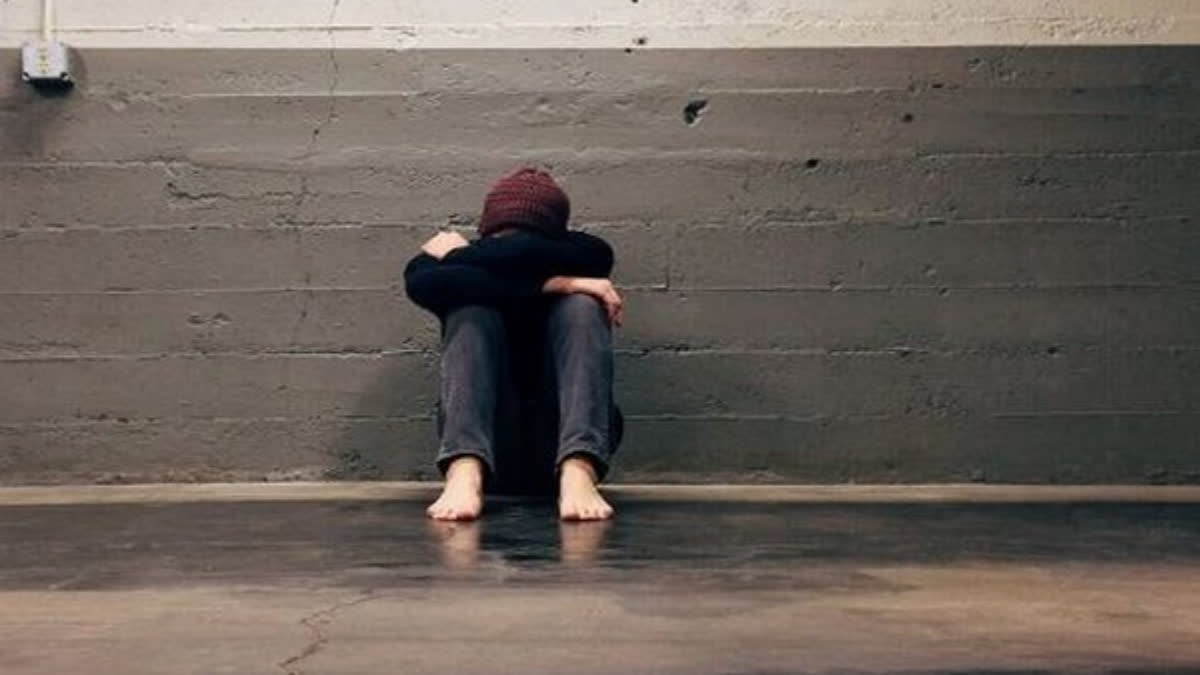Washington [US]: At least half of all autistic children exhibit aggressiveness, such as punching, kicking, or name-calling, while their parents are tasked with helping them in coping and social integration. However, the incidence and definition of aggressive behaviours in autistic children remain unknown.
To address this knowledge gap, researchers in the Family and Community Intervention Lab at the University of Arkansas compared autistic children to non-autistic children on different types of aggressive behaviours over three critical developmental periods and found that parents of autistic children reported more frequent aggression at greater intensities than non-autistic children.
"Aggression represents a pervasive and serious problem faced by autistic youths and their families," said Lauren Quetsch, assistant professor of psychology and lead author of "Understanding aggression in autism across childhood: Comparisons with a non-autistic sample." "While our knowledge about the unique needs of autistic children has grown exponentially over the last several decades, we still have a long way to go," she said. "And understanding the role aggression plays in autistic youths' lives can help us to better address our gaps in care."
Between December 2020 and March 2021, Quetsch and her colleagues gathered quantitative and qualitative data on 450 autistic and 432 non-autistic children. The data were broken down into three age-matched groups - younger than six, six to 12 and 13 to 17. The children were compared on multiple caregiver-report measures of aggressive and disruptive behaviour across these critical developmental periods.
